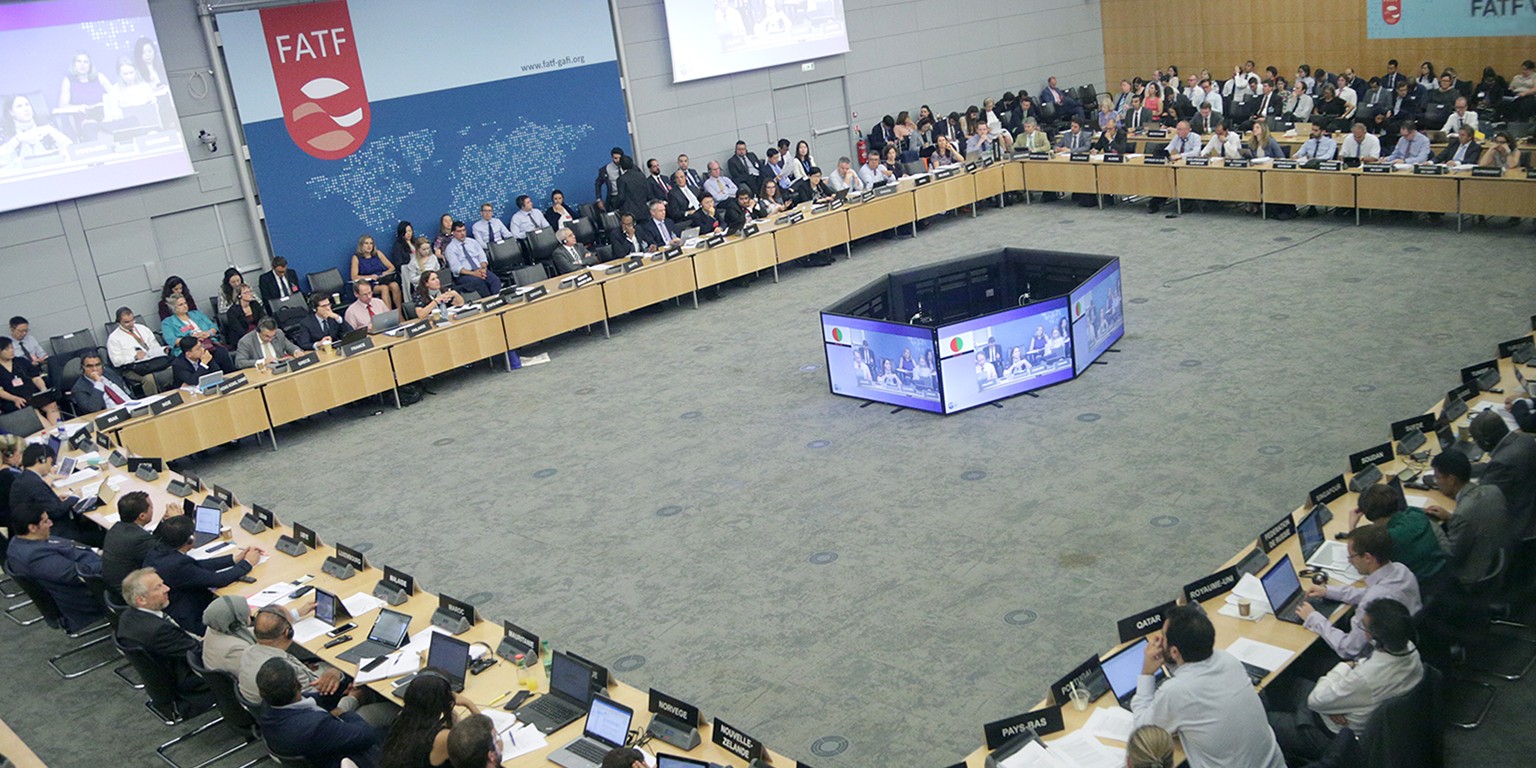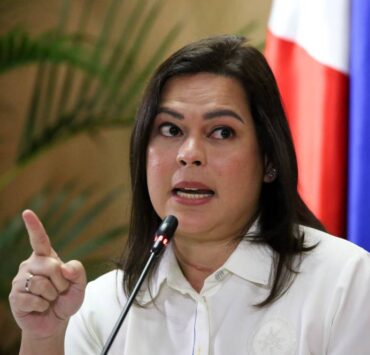PH addresses FATF concerns on money laundering

The Philippines has averted a return to the “black list” of Paris-based watchdog Financial Action Task Force (FATF), but it will remain in the group’s “grey list” because the deadline to fix concerns already lapsed in January 2023.
Nonetheless, the FATF, in its October meeting, commended the country for plugging 18 concerns in its fight against dirty money and terrorism financing.
“The Philippines has already passed through this process and we’re very happy to report, and for me to share with you, that the Philippines has indeed substantially completed this action plan,” FATF president Elisa de Anda Madrazo said at a press conference on Friday night (Manila time).
Being on the grey list puts a nation under increased monitoring of FATF until it can address the gaps in its defenses against the flow of illicit funds within an agreed timeframe.
Had the Philippines failed to resolve the remaining gaps by this time, the country would have been at greater risk of joining North Korea and Iran in the “black list.” The Philippines was last in the black list in 2002.
FATF member countries impose restrictions and additional checks on countries in the black list. This could result in failed cross-border transactions, delays and higher costs of remittances, a major lifeline for many Filipinos.
Before the Philippines could finally leave the grey list, FATF would have to send a team to the country to verify the progress that the country had reported, and be assured that “necessary political commitment remains in place,” De Anda said.
The FATF plenary meets three times a year, usually in February, June and October.
If all goes well, the Philippines could leave the grey list by February next year, albeit a little later than the January 2025 exit that Bangko Sentral ng Pilipinas Governor Eli Remolona Jr. had hoped for.
Explaining the Philippines’ progress, the FATF said the country has demonstrated the use of credible controls against money laundering and terrorist financing risks from casino junkets.
The country was also credited for improving access of law enforcement agencies to beneficial ownership data that can be used against individuals hiding their illicit activities and dirty money behind complicated corporate structures.
The FATF also noted the “risk-based” supervision of susceptible entities such as casinos, lawyers, accountants and real estate agents. It likewise commended the implementation of new registration requirements for remittance operators and sanctions against unregistered entities.

















